
Strange but True: Europe Now Demands That Sausages and Burgers Must Contain Meat — Here’s Why
Strange but True: Europe Now Demands That Sausages and Burgers Must Contain Meat — Here’s Why
Is this really a new law — or just an internet hoax?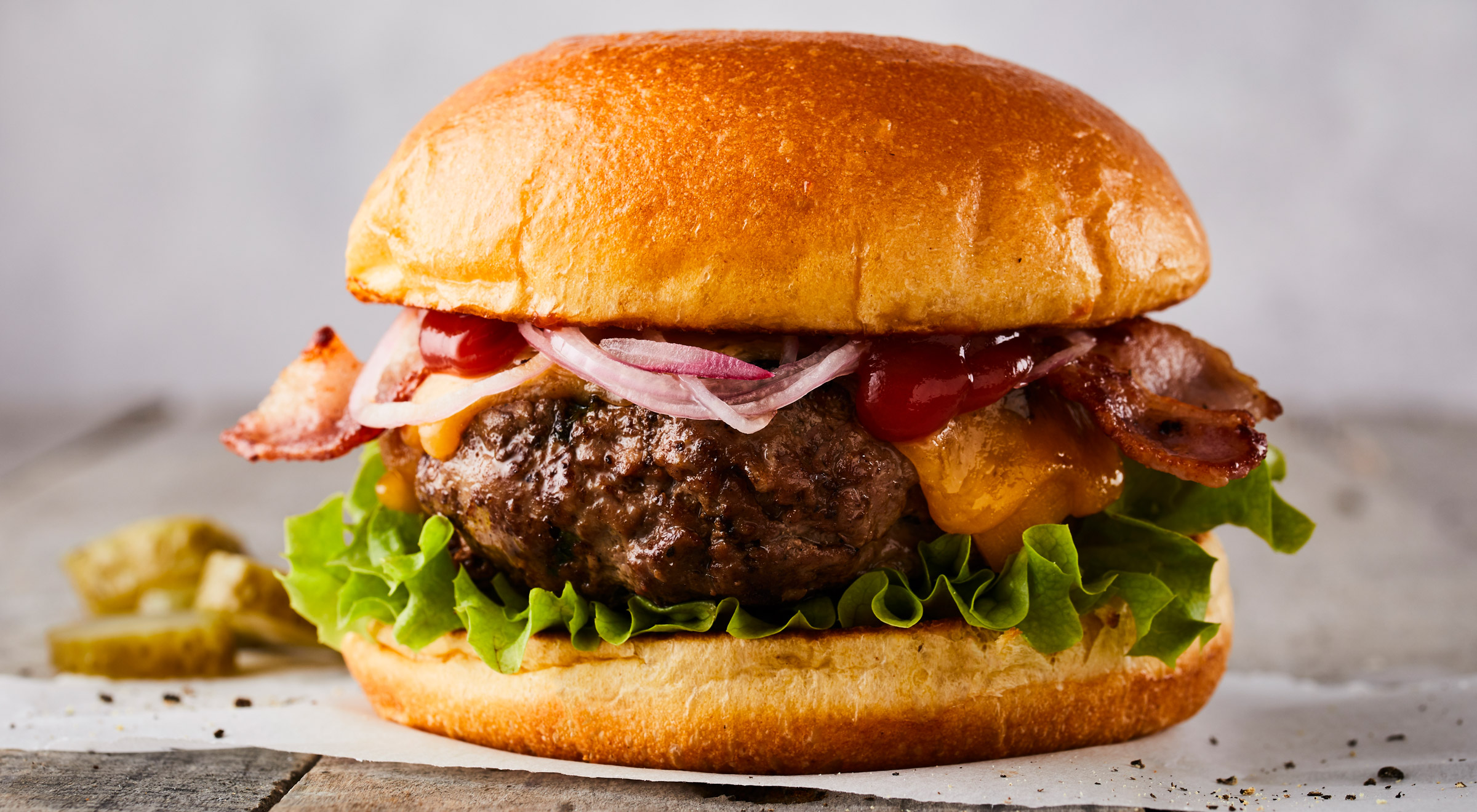
Meat consumption in Europe has been steadily declining in recent years, prompting governments to step in. According to The New York Times (NYT), a heated debate over the future of the vegetarian burger — or more precisely, what it should be called — is now dividing the European Union.
Once again, the European Parliament has voted in favor of a proposal that would restrict traditional meat-related terms such as “burger,” “steak,” and “sausage” to animal-based products only.
This move is more than a simple legal dispute — it symbolizes a deep cultural and economic clash between traditional livestock farmers, seeking to protect their heritage, and the booming plant-based food industry, aiming for a sustainable future.
A Battle of Identity
A pea-based burger, a mushroom steak, or a plant-based sausage — all familiar icons of the “green eating” trend — may soon lose the right to call themselves by those names.
Last week, the European Parliament approved a proposal to restrict the use of terms such as “burger,” “steak,” “sausage,” “egg yolk,” and “egg white” for non-meat products, arguing that “words must retain their traditional meaning.”
If ratified by other EU bodies, this would become one of the most significant legal barriers ever imposed on the world’s fastest-growing food sector: plant-based products.
Supporters — led by lawmakers from major agricultural regions like France — claim that allowing plant-based items to use meat-related terms “misleads consumers” and “distorts meaning.”
“Words matter. A steak is meat, plain and simple,”
said Member of Parliament Céline Imart before casting her vote.
They argue that such terms have always been tied to specific nutritional compositions and production processes from animals, and applying them to soy or fermented protein is misleading.
But beneath this linguistic debate lies a very real anxiety: the livestock industry’s fear of being displaced by a rapidly growing wave of meat alternatives that are transforming not just production models, but also eating habits — and even Europe’s cultural identity around food.
Declining Meat, Rising Plants
European meat consumption has been falling steadily. EU data predicts that demand for beef and pork could drop another 5–6% in the next decade due to rising prices, limited supply, and growing environmental concerns.
Meanwhile, plant-based meat production has doubled in just five years — with Germany alone producing over 126,000 tons in 2024. Once a niche market for vegetarians, plant-based food is now a multi-billion-euro industry, backed by supermarkets, fast-food chains, and tech investors.
Unsurprisingly, retail giants like Aldi, Lidl, and fast-food brands such as Burger King and Beyond Meat have all voiced strong opposition to the ban. They argue it would confuse consumers and stifle innovation, citing a 2020 survey by the European Consumer Organization showing that most people do not confuse “vegan burgers” with “meat burgers” when labels clearly state “plant-based.”
Industry advocates and sustainability supporters have slammed the vote as “backward” and “a waste of time,” warning that banning familiar terms will hinder innovation and make it harder for consumers to find eco-friendly and healthy choices.
On the other hand, agricultural unions, among the most powerful lobby groups in Brussels, see defending “the language of meat” as defending Europe’s culinary heritage. To them, this isn’t just about labeling — it’s about the identity of European cuisine:
Can a “sausage” exist without meat?
The Meat of the Matter
This linguistic war isn’t new. In 2021, France issued a decree banning the use of “steak” and “saucisse” for vegetarian products — but the European Court of Justice overturned it, ruling that it violated trade freedom.
In 2024, the same court reaffirmed that terms like “steak” and “burger” could legally describe plant-based items, as long as the packaging clearly indicates their origin.
Now, however, the European Parliament is pushing to rewrite the law at a higher level — potentially reversing that decision.
Politics also plays a major role. The latest vote reflects a shift toward pro-agriculture lawmakers after recent elections. When German Chancellor Friedrich Merz declared on TV that “a sausage cannot be vegetarian,” he wasn’t just making a culinary statement — he was signaling support for rural voters who feel alienated by Europe’s “green transition.”
Meanwhile, politicians in the Netherlands and Nordic countries, where vegetarianism is more common, denounced the move as an example of “identity politics for food” — a distraction from larger environmental challenges.
Beyond Language: Europe’s Food Future
Legally defining “meat” or “steak” might seem simple, but it touches on linguistic rights, branding, and trade laws.
After “milk” was restricted to dairy products (forcing “soy milk” to become “soy drink”), expanding such limits to meat could trigger a domino effect — forcing companies to invent awkward new names, while consumers struggle to adapt.
At a deeper level, this is about what kind of future Europe wants:
Will it protect its agricultural past, or embrace innovation to tackle climate change and build sustainable diets?
Language limits may temporarily appease farmers, but they could also leave the EU behind in the global race for green food tech, where the U.S. and Asia are investing heavily in “alternative meat.”
In a debate that seems to revolve around a few words, Europe is actually confronting a much larger question:
How to balance tradition and progress.
A “vegan burger” is more than just a dietary option — it’s a symbol of a new generation that values sustainability as a core principle, not just a slogan.
If the EU decides to restrict these terms, it may preserve part of its culinary heritage.
But if it chooses to expand the definition, it could open the door to a future of food where “burger” no longer defines what it was, but what it can become.
News in the same category


Can rice left in a rice cooker overnight still be eaten: Today I was star.tled when I found out the answer

The Truth Behind Why Flight Attendants Don’t Lift Passengers’ Bags

Always Close the Bathroom Door When Not in Use — I Regret Not Knowing This Sooner in My 30 Years of Life

24-Year-Old Woman Suffers Sto.mach Perforation After Replacing Breakfast with Popular Drink

What is the serrated hole on scis.sors used for? It has 4 great uses, it's a waste if you don't know!
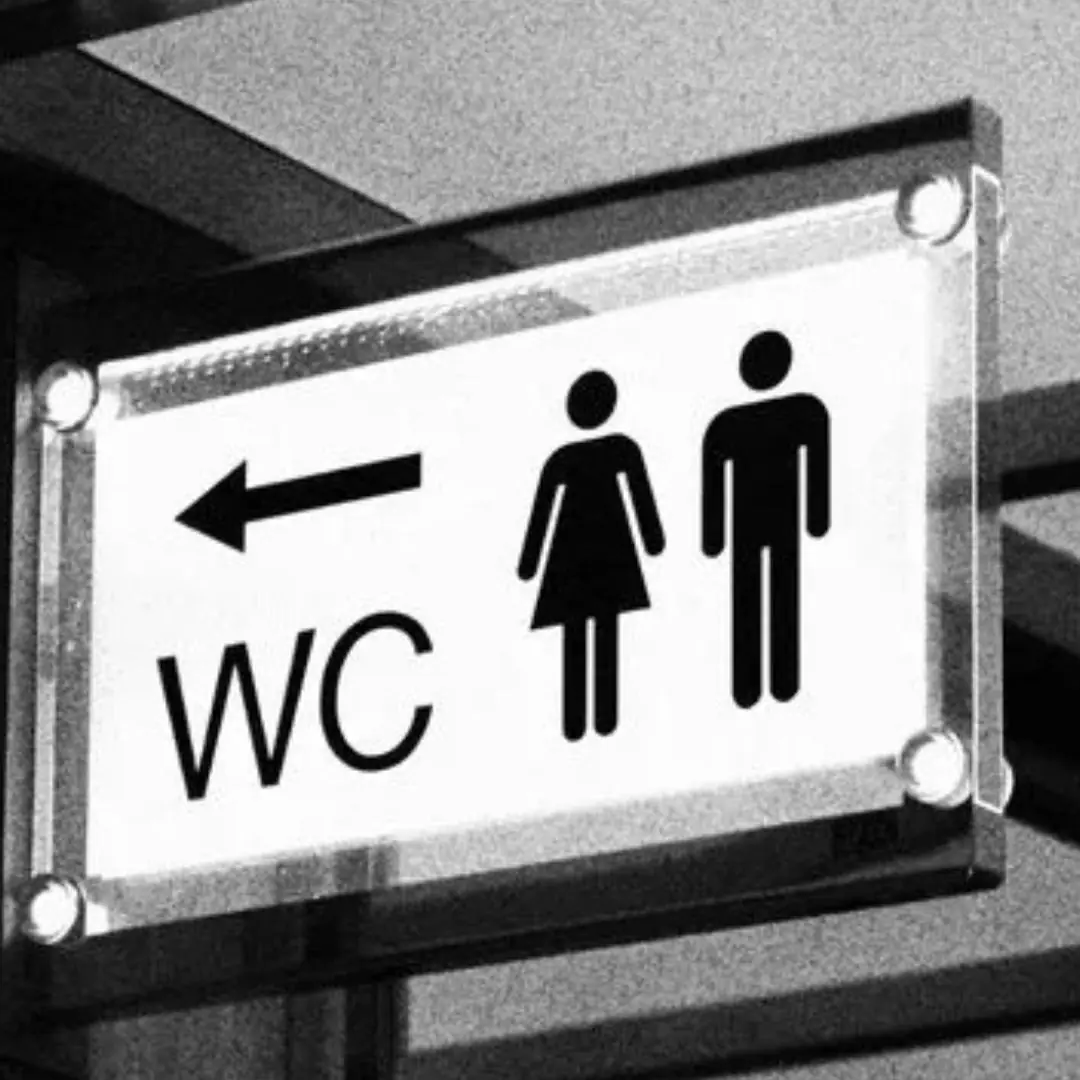
People left flabbergasted after learning what WC actually stands for

Why do hotels always have a cloth across the bed: Many people don't know what its purpose is used for

An Item Once Considered Worthless and Ignored Is Now Being Bought for Over $1,000

5 Habits That Shorten Men's Lifespan: Smoking Only Ranks 4th
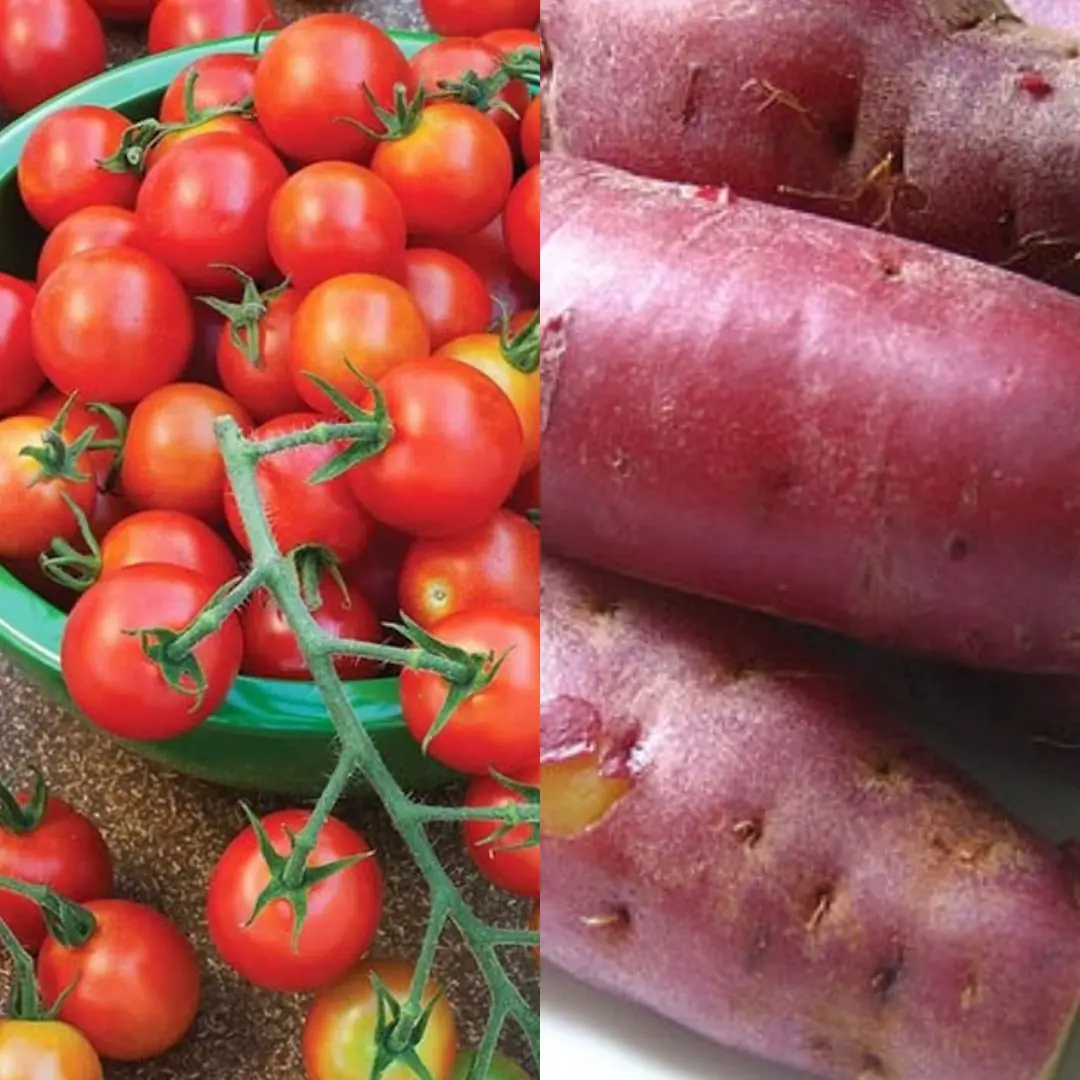
When eating tomatoes, never eat them with these 4 foods. It's not too late to know now
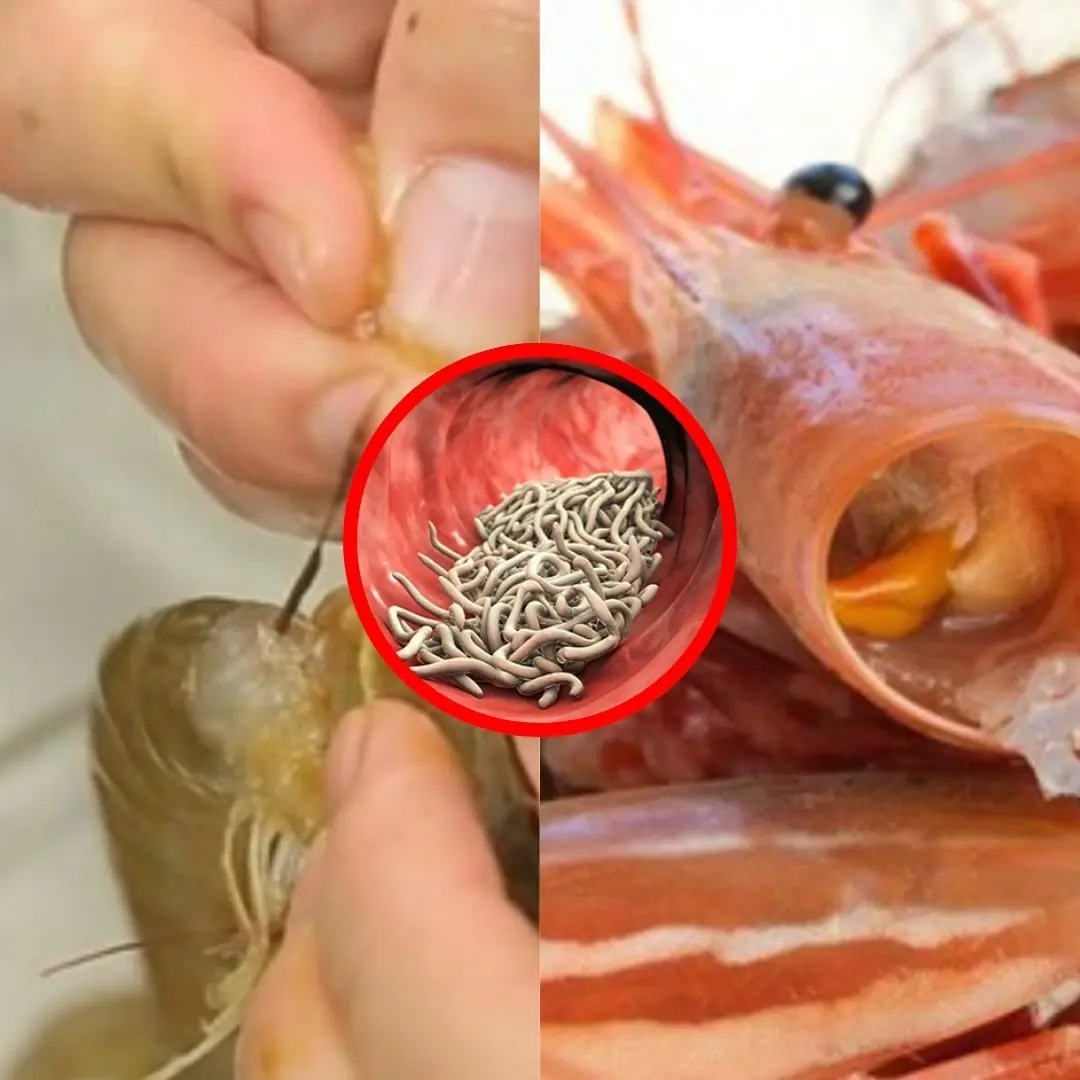
3 'extremely toxic' parts of shrimp are full of parasites, don't try to eat them or it will harm your health
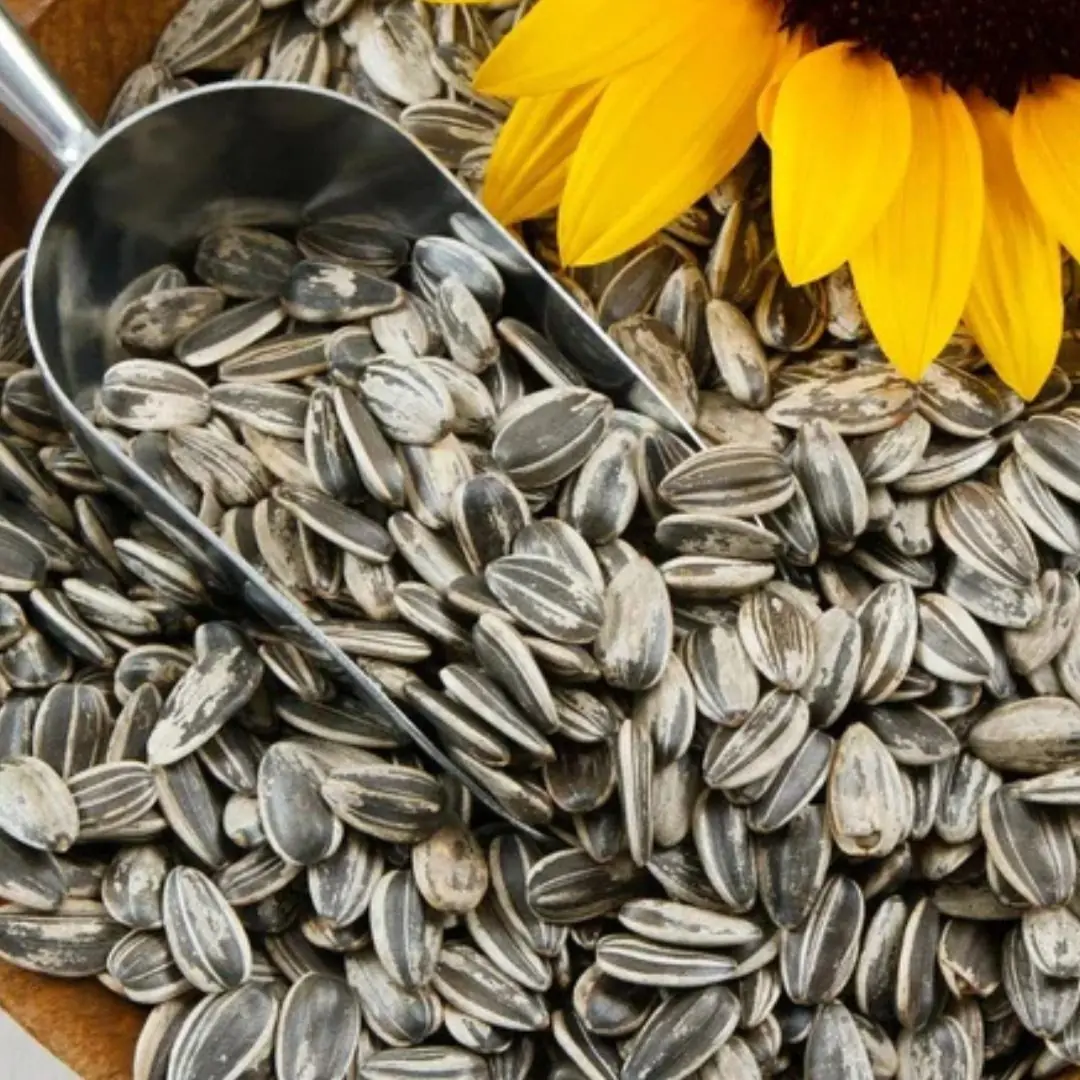
Before You Snack on Sunflower Seeds, Read These 11 Sho:cking Facts!
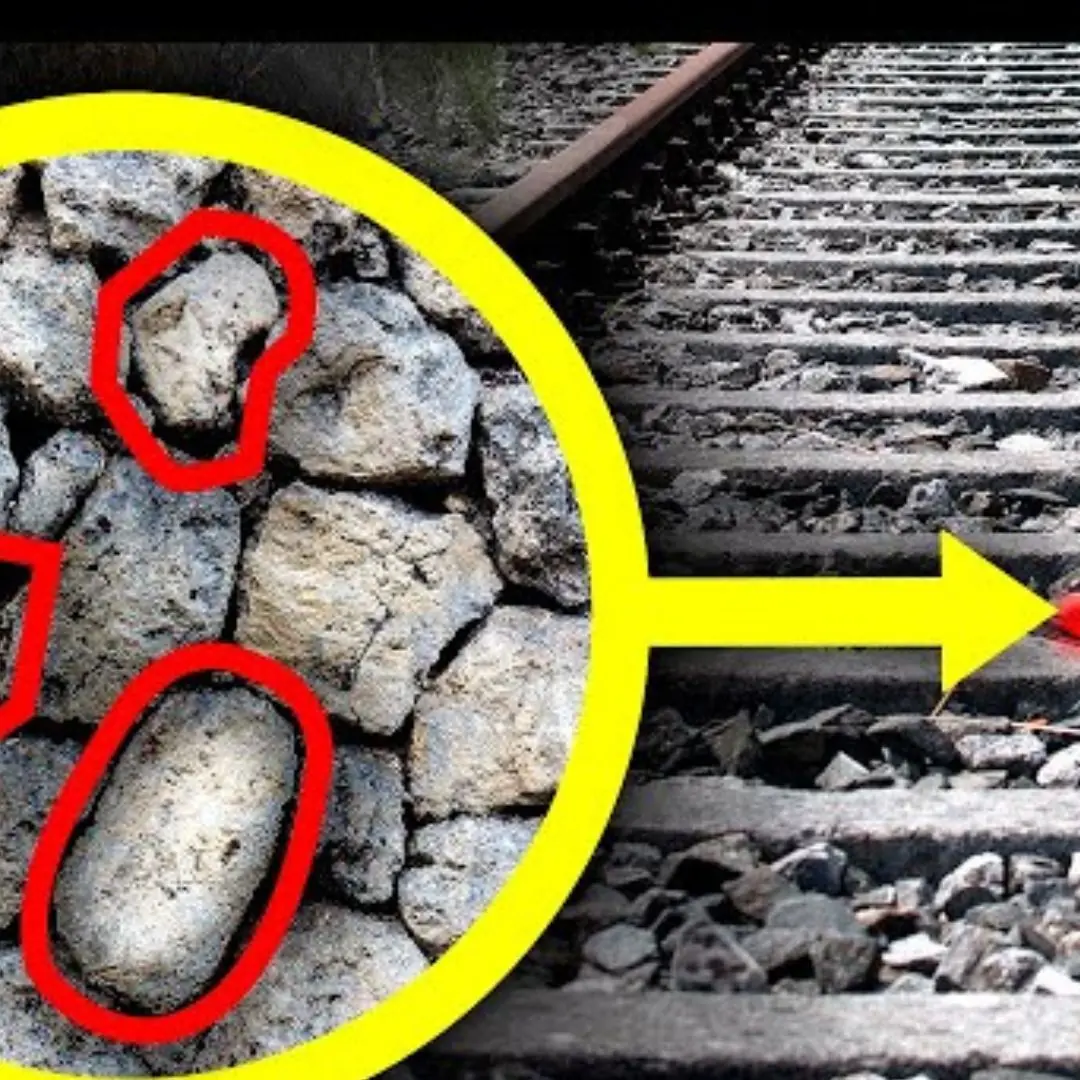
Why are rocks spread along railway tracks?
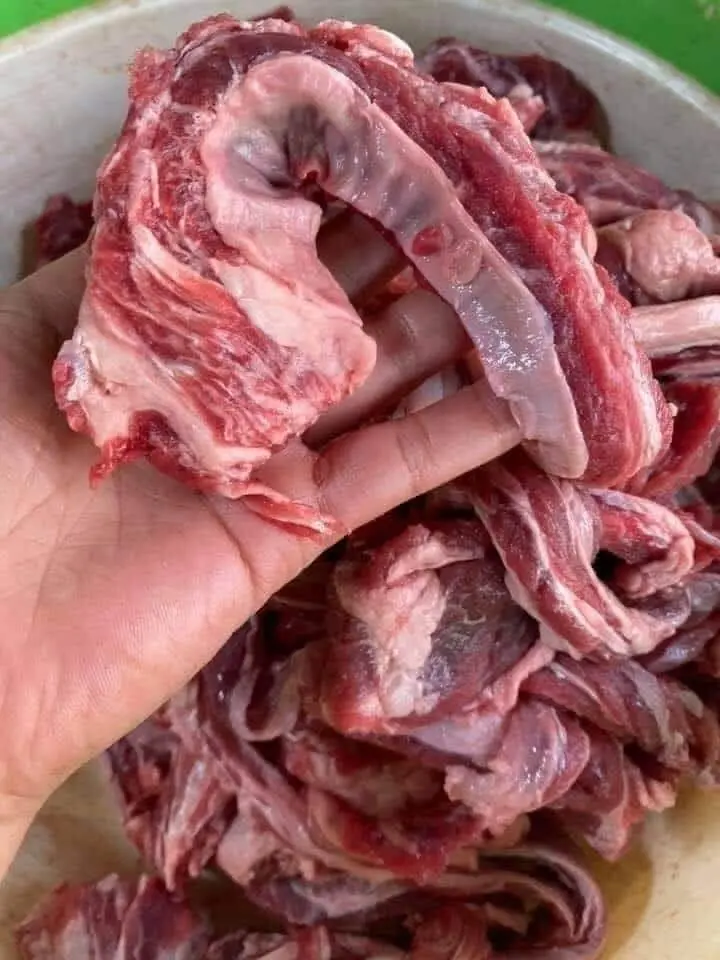
The Best Part of Pork

This Common Kitchen Spice Fights Can.cer Cells, Lowers Blo.od Fat and Blo.od Pressure

Some people leave this world with eyes still open — especially in sudden d.e.a.t.h. Is it fear… or biology?

Hotel Staff Confess: 5 “Clean-Looking” Items in Motels & Hotels That Are Actually Filthy – Number 4 Will Sho.ck You Most!

Few People Realize the Real Reason Behind That Little Hole Above the Sink
News Post

Put this thing in a lemon and put it in the corner of the house

She flagged down the one man everyone else would run from, because the real monster chasing her wore a suit
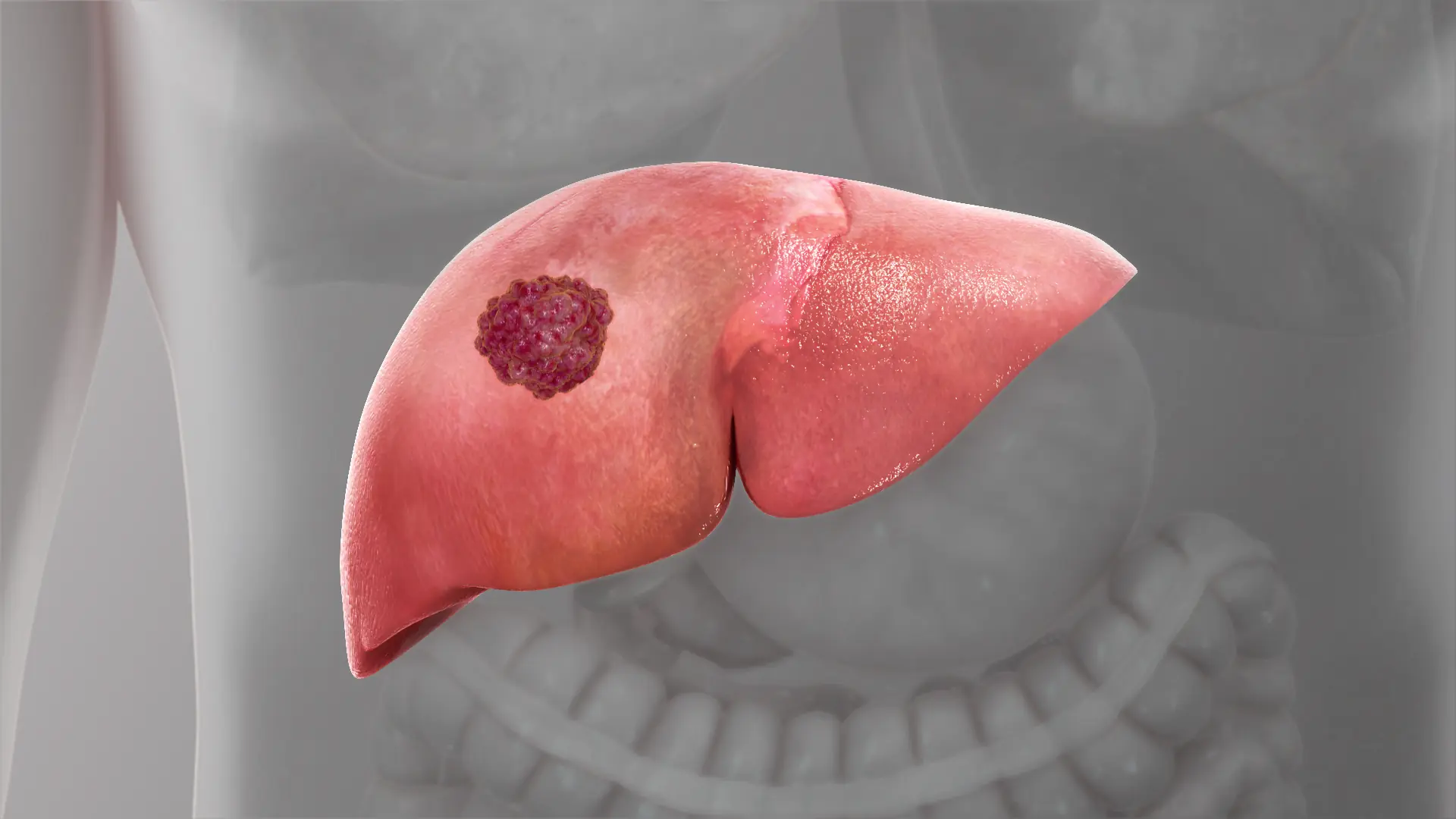
The 6 Earliest Symptoms of Liv.er Can.cer Most People Overlook

Too Much Saliva in Your Mouth? It Could Be a Warning of Health Issues

The surprising benefits of garlic skins: Many people regret not knowing sooner

6 types pa.in you shouldn’t ignore
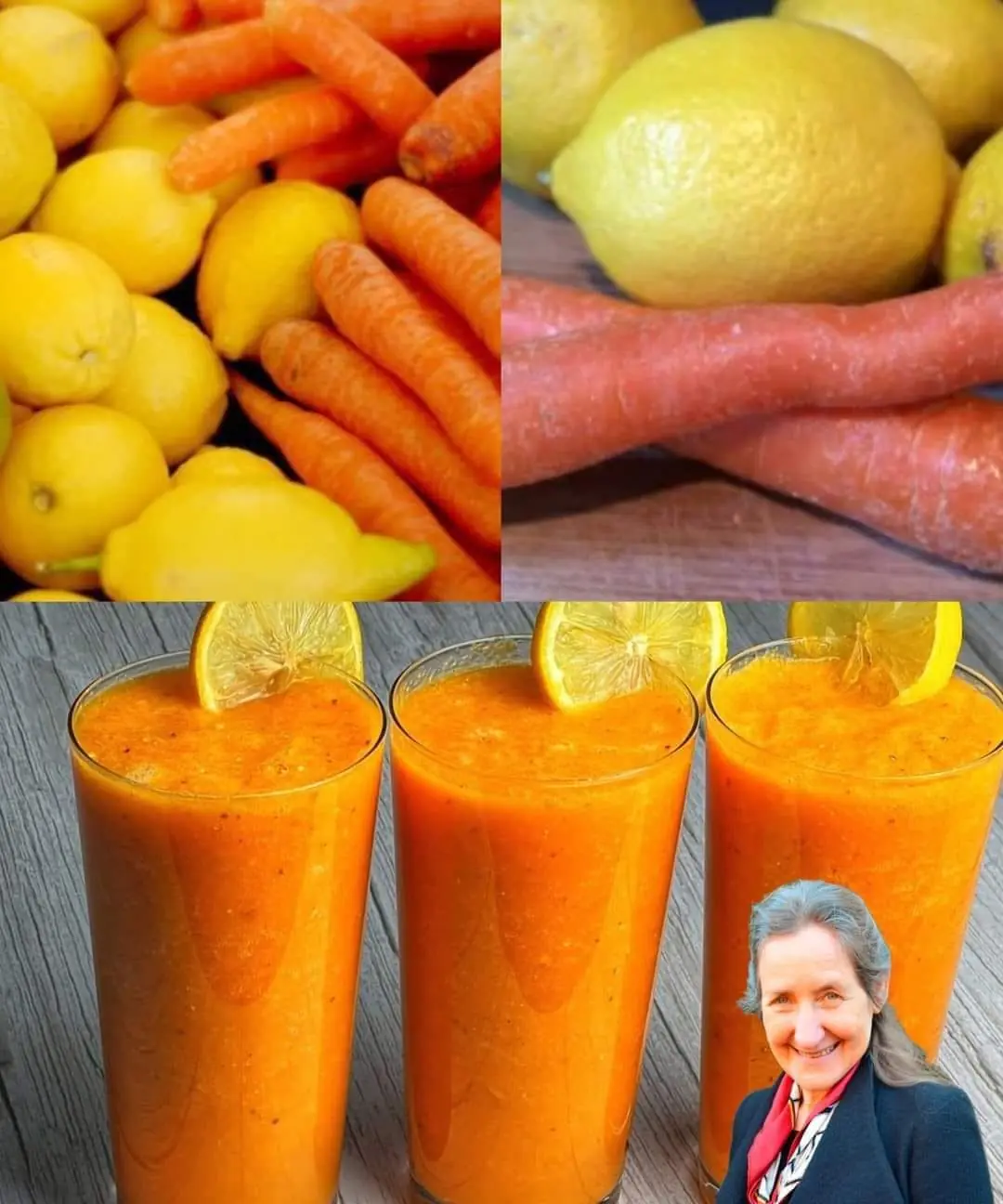
The benefits of carrot and lemon for skin health

Never place your microwave in this spot if your kitchen is small — it’s bad for you and bad for the machine!
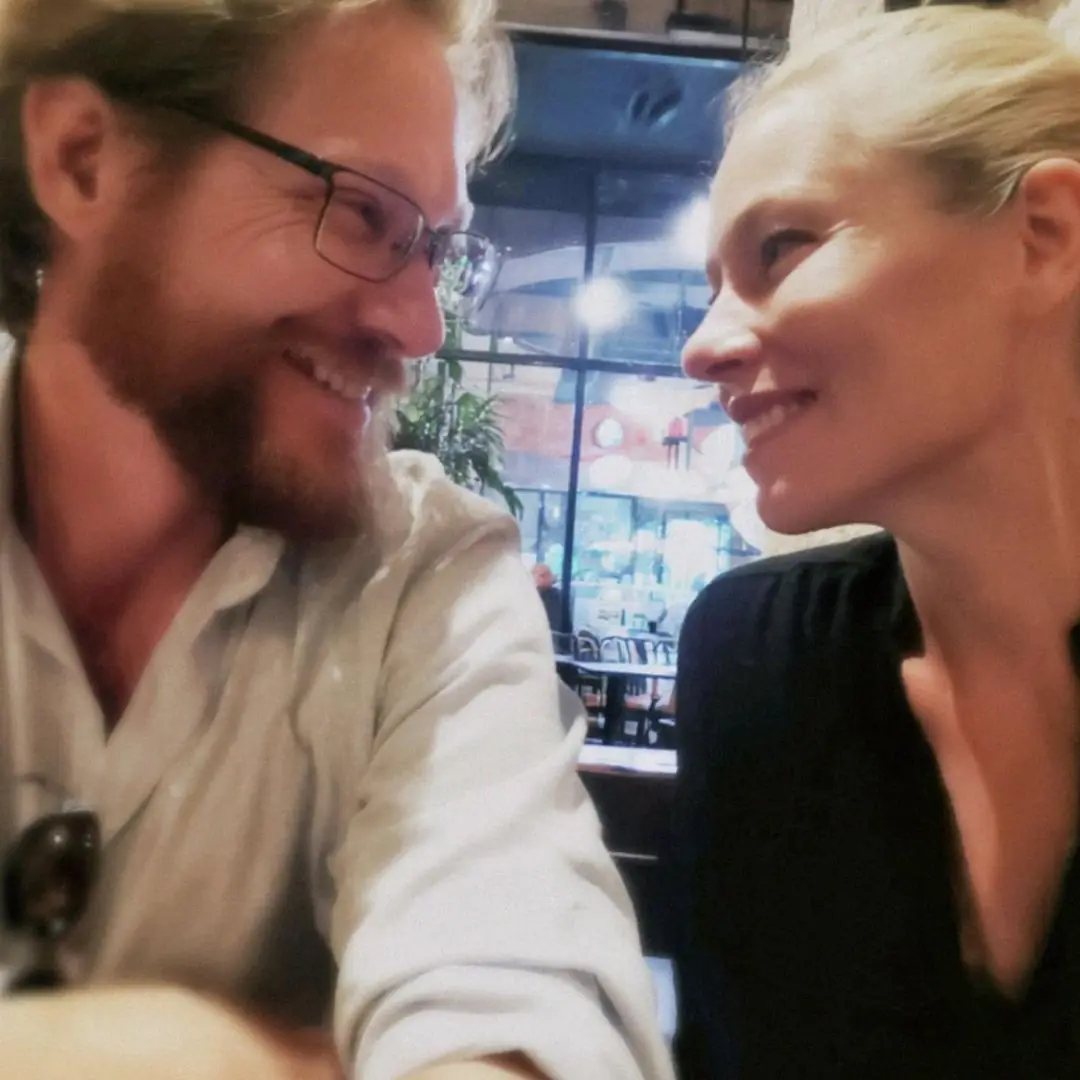
I Mailed Wedding Invites Featuring Our Engagement Photo to My Three Best Friends — Then, One by One, They All Dropped Out
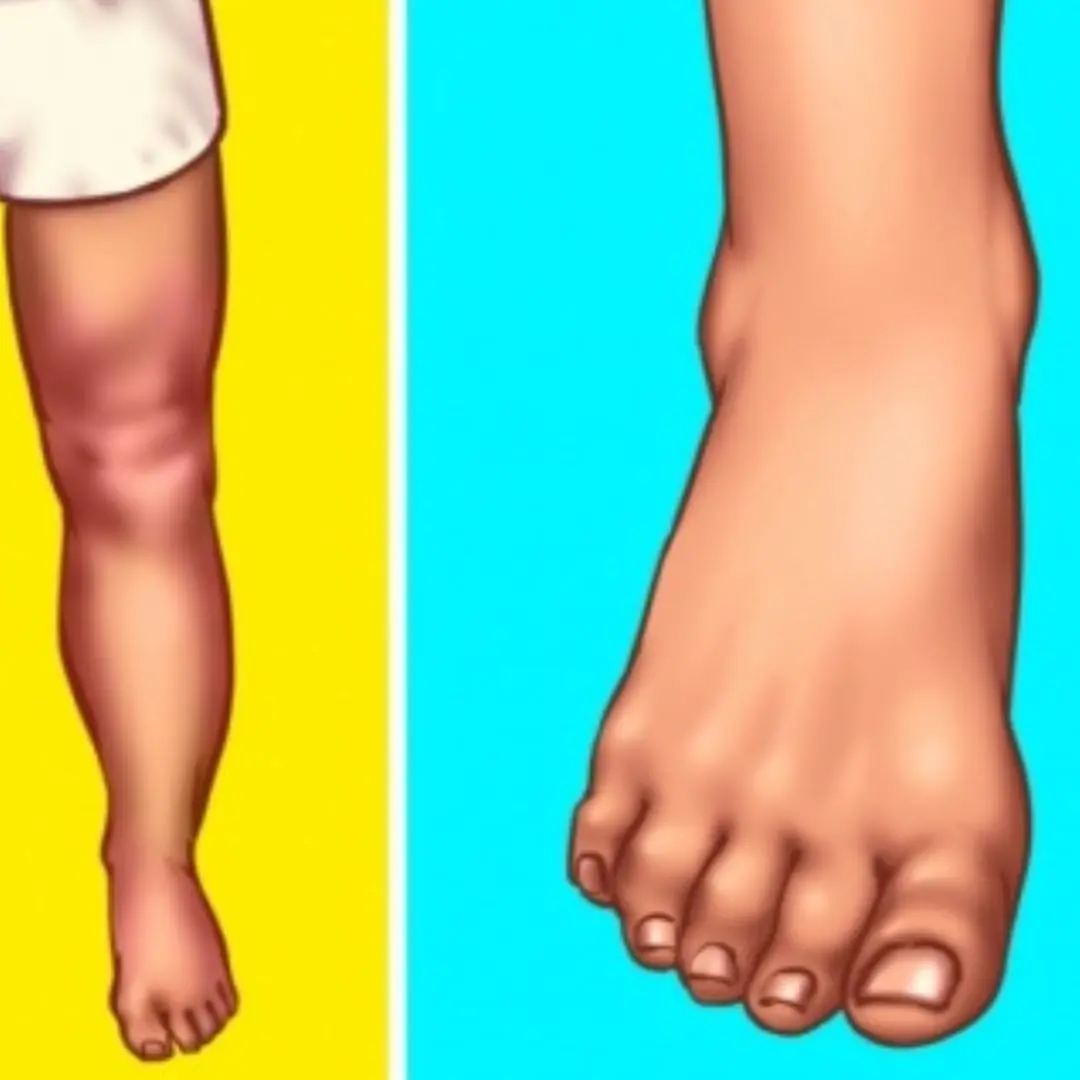
Pay attention to these eight major causes of swelling that can occur throughout the body

Why is hotel check - out always at 12 o'clock? Not for cleaning, the reason surprises many people

Experts reveal 5 can.cer symptoms that are easy to ignore

His Female Best Friend Claimed My Baby Shower as Her Event — I Reminded Her of Her Place in Our Lives

Scientists discover the maximum age a human can live to

My MIL Took Over Our Home and Wouldn’t Let Me Rest — I Reached My Limit and Taught Her a Hard Lesson

Can rice left in a rice cooker overnight still be eaten: Today I was star.tled when I found out the answer
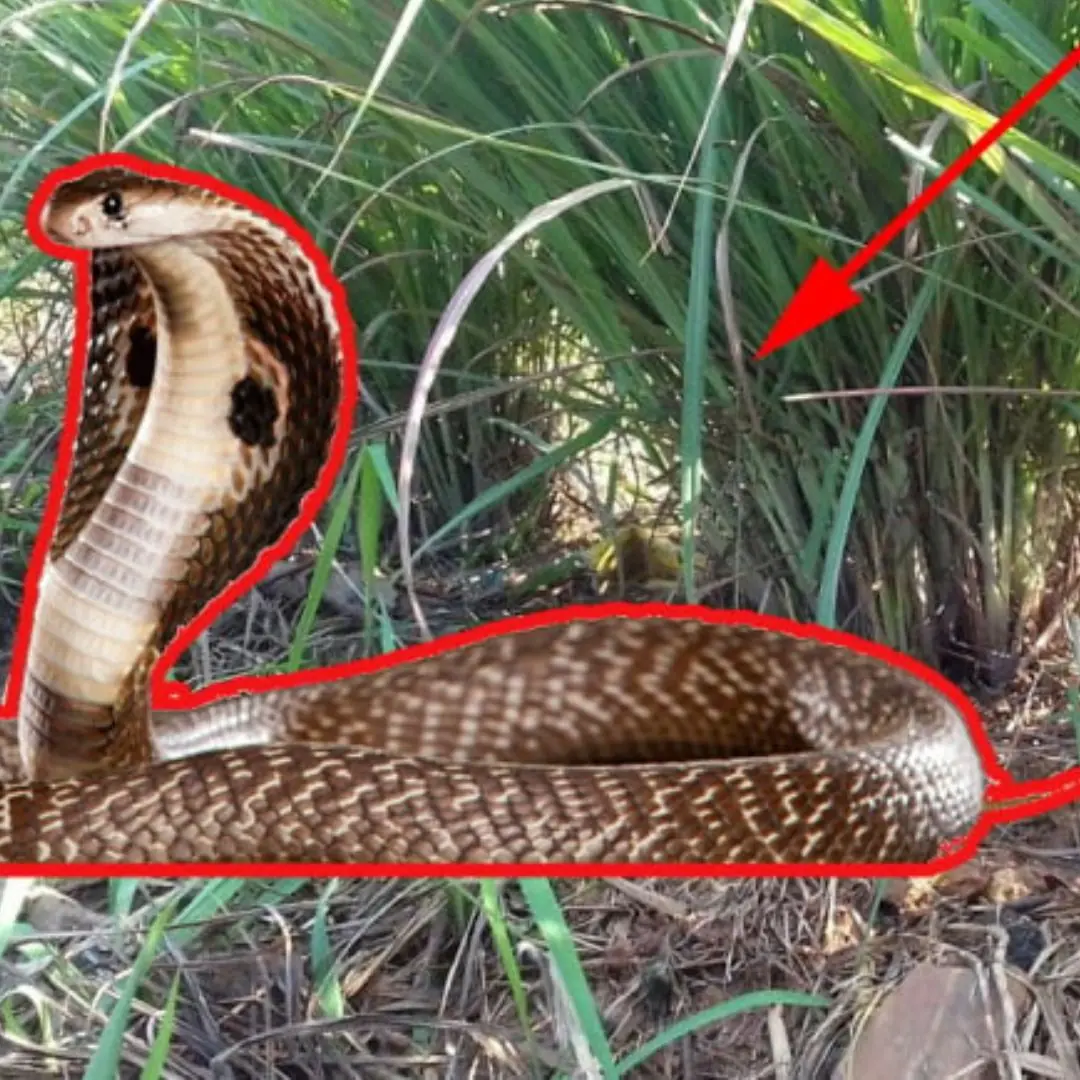
Plant these 8 snake-repelling species around your house, and they’ll stay far away the moment they spot them
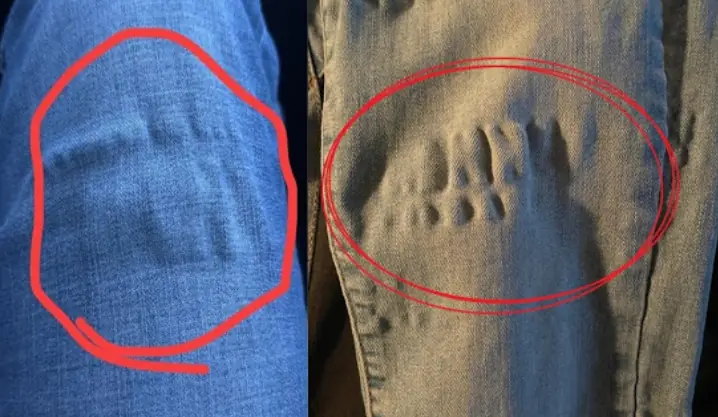
Why Do Jeans Get Weird Ripples After Washing?
